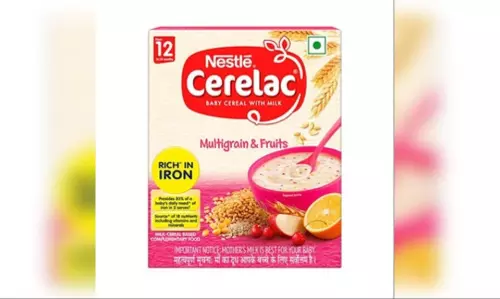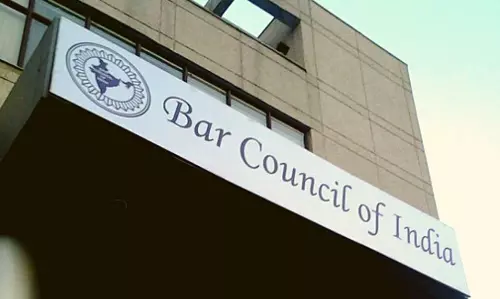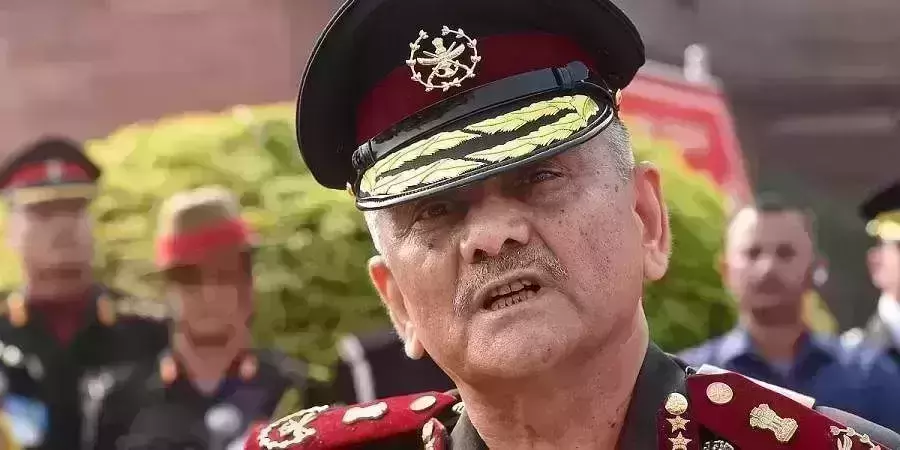
A golden opportunity to end alcoholism
text_fieldsKerala's decision to down the shutters of Indian Made Foreign Liquor (IMLF) shops of Beverages Corporation, came as the last in the series of step by step curbs by central and state governments to prevent the spread of Covid. It was as clear as daylight that the Left government had neither the willingness nor any interest to restrict or ban the sale of liquor, a major source of revenue, in a period when revenues were dwindling.
When people were strictly prevented from going out even for essential matters, the spectacle of hundreds of tipplers queueing up to by alcohol had triggered strong protests. It was at the face of such reproach, that the government itself realised that the open liquor shops would overturn the effects of all restrictions of the Covid-affected period, and the Pinarayi government was forced to close the sale of alcoholic beverages. But the chief minister had also indicated in his routine news meet that there was still the problem of alcohol addicts, who would not be able to stand up without consuming some alcohol. And as if to ratify him, a few suicide incidents involving heavy drinkers were also reported. And thus came the glad tiding to them from the chief minister the other day that such people could approach doctors for special certificates with which they could get the drinks the government would make available.
However, doctors' bodies like Indian Medical Association (IMA) and Kerala Government Medical Officers' Association (KGMOA) protested that the government's step was unscientific and not based on sound logic, but the government looks set to proceed with its decision and in no mood to buy the argument. In line with this, the Excise Department has also put forward a recommendation to supply three liters of liquor per head per week.
In fact, this is a critical time when the government, political parties and the society in general have to think about the reasons for the thirst and fascination for liquor increasing by the day among different age-groups, right from early teens to those in their 80s. Until the seven-party government led by EMS Namboothirippad lifted prohibition in 1967, there had been some sort of control in the state for the production and trade in alcohol. That government, t he second EMS-led government, took that decision ignoring the dissent by the constituent Muslim Leage, arguing that the ban was being widely violated, manufacture and trade of illicit liquor would become rampant, and toddy tappers would suffer from unemployment.
Even since then, the left and right governments which ruled the state alternately till now have never made any sincere attempt to stop the brewing or sale of liquor. Only that at some points, some checks were introduced in the number of bars and foreign liquor shops. The only exception to this was the ban of toddy shops by the AK Antony-led coalition government from 1 April 1996. And thanks to his persistence, the partial prohibition remained effective to a great extent. But that was to be shortlived. Although the toddy ban has not been lifted so far, local liquor and IMFL are flowing freely in the market now. Across cities and villages, along side national highway and in the neighbourhood of places of worship and educational institutions, alcoholic beverages are available round the clock. Although the levies on liquor would be hiked in every budget with the ostensible reason of checking consumption of alcohol, labourers, youth and adolescents alike who would even go without food but not alcohol, are legion in Kerala. The resultant increase of household crimes like torture of women and children, murders, suicides, motor accidents and other criminal acts have been increasing at an alarming rate, but the government is not ready for a rethinking. Even when strenuous efforts are on to stem the spread of Covid-19, tipplers are able to enjoy a sympathetic treatment.
The government stance that total prohibition is not feasible in one go, may prima facie look valid. But what is the point in repeating this refrain after a lapse of 50 years since the repeal of prohibition? If phased prohibition had been enforced earnestly, today six lakhs of severe addicts would not have posed a risk to the social life, as is the case. The addicts are putting a hurdle even in controlling a life and death issue of the spread of Covid. What the government should do is to get seized of the seriousness of the issue and take creative, albeit difficult, steps to bring the habitual drinkers back to normal life, and not to make liquor available to the addicts bypassing even the curbs during the health emergency. Let this crisis of liquor availability be used as a golden opportunity to dissuade people from liquor consumption overall and to bring back addicts to normal life, with the wholehearted support of temperance movements and social activists.























